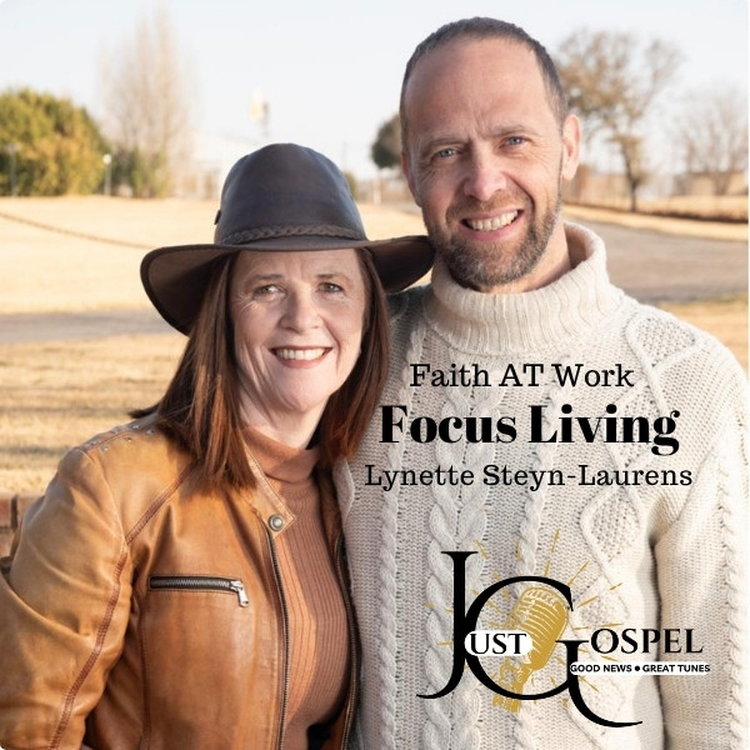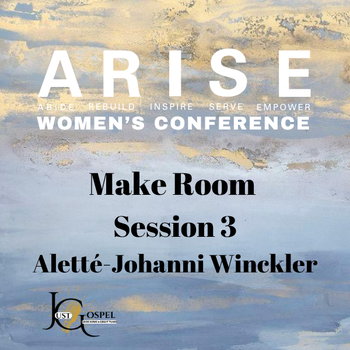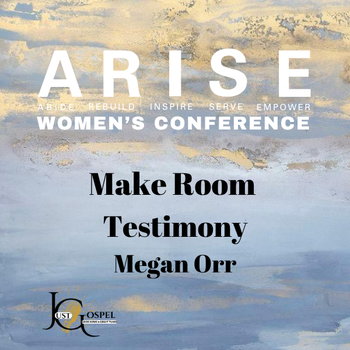
FOCUS LIVING: Passover Perspectives: Understanding God's Heart Through Loss and Sacrifice
Loading player...
Context: Holy Week leading up to Easter/Passover weekend
Unique Approach: Examining the Passover story from both Israelite and Egyptian perspectives to understand God's heart in suffering and loss.
The Israelite Experience:
Living Conditions in Slavery:
Poor circumstances with minimal possessions
Strong family bonds due to shared hardship
Close-knit community support systems
Anticipation and uncertainty about Moses' repeated failed attempts to secure freedom
The Strange Request:
Moses' instructions seemed suspicious: slaughter perfect lambs, paint blood on doorposts, eat in haste while dressed to travel
People had to weigh obedience against skepticism
The decision came down to having more to lose by disobeying than obeying
Relief when they realized they were spared while Egyptians suffered
The Egyptian Tragedy:
Unprecedented Disaster:
Every household lost their firstborn child simultaneously
Entire neighborhoods devastated - imagine 8 deaths on one block in one night
No neighbors available for comfort as everyone was grieving
Multiple losses per family: sons, brothers, uncles, fathers
Suffering Without God:
The worst aspect wasn't just the loss itself, but facing it without knowing God
Complete despair with no source of comfort or hope
Unfair punishment for Pharaoh's disobedience
God's Ultimate Loss:
The Divine Perspective:
From Louis Giglio's "Seeing God as a Perfect Father" - God lost His only Son, murdered by the very people He created and loved.
The Profound Questions:
Why didn't God prevent His Son's murder when He had the power to do so?
How does the Creator cope with His beloved Son being killed by His own creation?
What kind of hurt and trauma does this represent for our perfect, loving Father?
The Bigger Picture:
God's human heart sees only immediate hurt and present circumstances
God sees the eternal perspective - our salvation and eternal life
Without Christ's death, we would be condemned to hell forever
God's sacrifice wasn't meaningless if we love Him and respond to His calling
Practical Application for Personal Loss:
Where to Turn in Grief:
God understands our deepest hurt because He experienced the worst loss possible
We can bring our pain to Him knowing He truly comprehends our suffering
Romans 8:28 - All things work together for good for those who love God
The Choice We Face:
Will we cope with hurt like the Egyptians (alone, without God) or will we trust God to work all things together for good?
Key Insights:
God continues to suffer loss today when His children turn away from Him
Life on earth was never promised to be easy (consequences of the Fall)
Every painful experience has a purpose in God's hands - developing our holiness, endurance, or reliance on Him
We're not stuck in our pain; God carries us through it
The Footprints in the Sand Reminder:
During our darkest times when we see only one set of footprints, those are God's - He was carrying us through the valley.
Holy Week Challenge:
Don't just observe Holy Week ritually and return to old ways. Allow this season to create lasting transformation where our actions align with our words throughout the year.
Scripture References:
Exodus 12: The Passover account
Luke 24: The resurrection
Romans 8:28: All things work together for good
Takeaway: God's sacrifice of His only Son gives us the ultimate example of love through loss. When we suffer, we can turn to a Father who truly understands our pain because He willingly endured the worst loss imaginable for our salvation. The question isn't why we suffer, but whether we'll trust God to carry us through and work all things for our eternal good.
Unique Approach: Examining the Passover story from both Israelite and Egyptian perspectives to understand God's heart in suffering and loss.
The Israelite Experience:
Living Conditions in Slavery:
Poor circumstances with minimal possessions
Strong family bonds due to shared hardship
Close-knit community support systems
Anticipation and uncertainty about Moses' repeated failed attempts to secure freedom
The Strange Request:
Moses' instructions seemed suspicious: slaughter perfect lambs, paint blood on doorposts, eat in haste while dressed to travel
People had to weigh obedience against skepticism
The decision came down to having more to lose by disobeying than obeying
Relief when they realized they were spared while Egyptians suffered
The Egyptian Tragedy:
Unprecedented Disaster:
Every household lost their firstborn child simultaneously
Entire neighborhoods devastated - imagine 8 deaths on one block in one night
No neighbors available for comfort as everyone was grieving
Multiple losses per family: sons, brothers, uncles, fathers
Suffering Without God:
The worst aspect wasn't just the loss itself, but facing it without knowing God
Complete despair with no source of comfort or hope
Unfair punishment for Pharaoh's disobedience
God's Ultimate Loss:
The Divine Perspective:
From Louis Giglio's "Seeing God as a Perfect Father" - God lost His only Son, murdered by the very people He created and loved.
The Profound Questions:
Why didn't God prevent His Son's murder when He had the power to do so?
How does the Creator cope with His beloved Son being killed by His own creation?
What kind of hurt and trauma does this represent for our perfect, loving Father?
The Bigger Picture:
God's human heart sees only immediate hurt and present circumstances
God sees the eternal perspective - our salvation and eternal life
Without Christ's death, we would be condemned to hell forever
God's sacrifice wasn't meaningless if we love Him and respond to His calling
Practical Application for Personal Loss:
Where to Turn in Grief:
God understands our deepest hurt because He experienced the worst loss possible
We can bring our pain to Him knowing He truly comprehends our suffering
Romans 8:28 - All things work together for good for those who love God
The Choice We Face:
Will we cope with hurt like the Egyptians (alone, without God) or will we trust God to work all things together for good?
Key Insights:
God continues to suffer loss today when His children turn away from Him
Life on earth was never promised to be easy (consequences of the Fall)
Every painful experience has a purpose in God's hands - developing our holiness, endurance, or reliance on Him
We're not stuck in our pain; God carries us through it
The Footprints in the Sand Reminder:
During our darkest times when we see only one set of footprints, those are God's - He was carrying us through the valley.
Holy Week Challenge:
Don't just observe Holy Week ritually and return to old ways. Allow this season to create lasting transformation where our actions align with our words throughout the year.
Scripture References:
Exodus 12: The Passover account
Luke 24: The resurrection
Romans 8:28: All things work together for good
Takeaway: God's sacrifice of His only Son gives us the ultimate example of love through loss. When we suffer, we can turn to a Father who truly understands our pain because He willingly endured the worst loss imaginable for our salvation. The question isn't why we suffer, but whether we'll trust God to carry us through and work all things for our eternal good.





